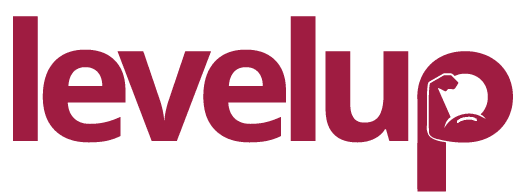
Challenge #10
Enhance Privacy in Microsoft Teams Meetings
Elevate your Teams meetings security by configuring settings to prevent anonymous user participation. Ensure your meetings are safe spaces for open and secure discussions.

Why?
Today, virtual meetings are the norm, and ensuring the sanctity and privacy of these discussions becomes imperative, especially when sensitive information is shared. The necessity to restrict anonymous users from joining Microsoft Teams meetings is not just about maintaining order; it’s about safeguarding against uninvited and potentially harmful participants.
Reflecting on the early days of 2020, when unvetted guests frequently disrupted online meetings, we recognize the importance of stringent controls. By adjusting Teams settings to prevent anonymous users from joining, we put the power back into the hands of the meeting organizer, ensuring only verified individuals can participate. This step is particularly vital for meetings dealing with confidential company matters and is part of our larger strategy to uphold rigorous security across all communication channels.
How?
Ensuring your Microsoft Teams meetings are shielded from anonymous access involves a few key steps.
Step 1: Go to the Microsoft Teams Admin Center
On your computer, launch a new browser window (Edge, Chrome), and type in https://admin.teams.microsoft.com and press enter.
Note: You will require Microsoft 365 administrative credentials – be sure to have the username and password ready.
Step 2: Adjust Meeting Policies
Within the Microsoft Teams Admin Center:
- Look for and select Meetings on the left-hand menu
- Under Meetings, select Meeting Policies
Step 3: Modify Global Settings
- Within the Meeting policies window, select the Global (Org-wide default) policy
- Scroll down until you see Meeting join & lobby
- Disable/turn off Anonymous users can join a meeting
- Now only invited and authenticated users can enter your meetings
- Click Save
While you’re here…
On Employee Experience and Engagement, Will HR influence IT direction? We think so.
With Employee Experience front and center, it’s now up to HR and IT to drive positive change, focus inward, and improve technology direction. However, who is more responsible for change? HR, or IT?
SASE, Security, and Digital Workspaces
Now more than ever, you need secure, consistent, and reliable access to all applications, anywhere and from any device. Secure Access Service Edge (SASE) is an important security framework, but it requires resiliency and an excellent user experience to keep people productive wherever work happens. SASE converges comprehensive networking and security capabilities to support access needs of modern enterprises, including Citrix Secure Internet Access, Citrix Secure Workspace Access, and Citrix SD-WAN.
Employee Experience improvements through HR & IT Alignment
For 2021 and beyond, companies must focus on employee well-being as a cross-functional priority between IT & HR to drive employee experience.


